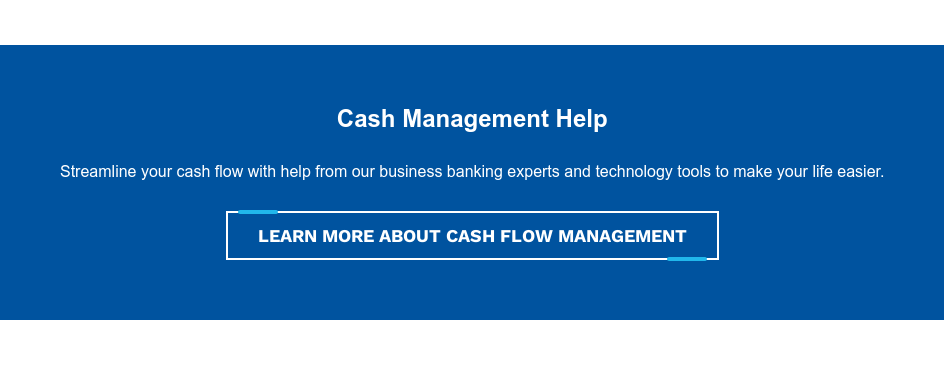If you’re new to small business ownership, you may not know the ins and outs of bookkeeping.
But having a business bank account is the perfect way to organize your finances. Sure, this seems obvious to many, but it requires implementing good decision-making skills.
If you are ready to get serious about your small business, it’s imperative that you open a business checking account for receiving and making company payments.
With so many features, and many financial institutions to pick from, many new entrepreneurs find themselves confused on which one to pick.
So, to help you out, we’ve listed some mistakes to avoid when starting the process.
First Mistake – Missing Information At Setup
The cardinal sin when opening a checking account is not having the correct paperwork available. Every financial institution has different requirements of what they need to open the account.
When booking an appointment with a bank employee, ask what you need to bring with. Key things like a Social Security number, a tax ID number and other general information that is pertinent to you is vital.
If you’re required to have one, make sure to open your account with your Federal Employer Identification Number, not your Social Security number.
Second Mistake – Making Sure The Right People Have Authority
Small business owners can forget about planning for business check signing.
Make this decision before opening an account to avoid having to make changes down the road.
Third Mistake – Picking The Wrong Bank
Finding a bank that offers services like cash flow insights and analytic reports helps save valuable accounting time while offering total visibility of your finances.
Many times, new small business owners choose their regular financial institution for their business checking account. Some banks and credit unions only specialize in personal checking and savings accounts and don’t offer extended features like a bank that specializes in helping small businesses.
Before deciding on a bank for your business, it’s a good idea to make a list of your current and expected future requirements. This will help you make a choice that better suits your small business.
Fourth Mistake – Not Understanding The Fee Structure
Some business bank accounts charge minimum balance fees or fees based on the number of transactions each month.
Unnecessary bank fees aren’t welcome by anyone. Anticipate the transactions you will complete each month and choose your bank and account accordingly. Try to keep slightly more than the minimum required balance in your account.
The last thing you want is a bank to earn money at the expense of your business.
Separate Personal Accounts From Business
If you’re running a business, it’s important that you have a dedicated account for your business’s finances only, since business revenue is harder to track when it’s combined with personal finances.
Larger businesses can benefit from separate accounts not just for businesses expenses, but for different areas of the company’s finances, such as sales tax, revenue and payroll expenses to help keep each one separate and organized.
Opening a business bank account is easy when you follow the right, common-sense steps. You’ll be off and running in no time.

